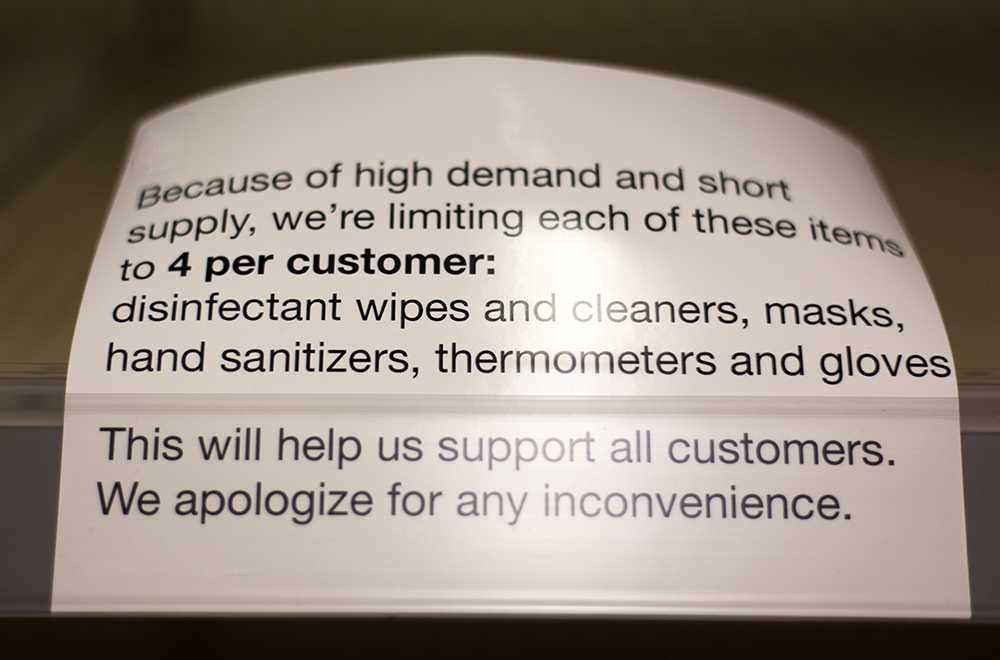Access to Personal Protective Equipment (PPE), such as gloves, masks and sanitiser is a big issue confronting the disability sector, according to ATSA executive officer, David Sinclair. “The community is placing demand on these items and it is necessary for the supply of assistive technologies (AT) to protect the participant and the supplier of AT supports,” he told F2L. “The hard fact is PPE is hard to get and in some instances the price that is been charged to purchase this equipment is extraordinary.
“The need to formally recognise that the supply and support of AT is an essential service by government. At this stage it is assumed that this will be the case however currently it is not. ATSA is working with the government to clarify this matter but is directing all AT providers to act as if the decision has already been made as these are an essential service.” (See following story for further details).
Another issue is coming from government processes and procedures, he said, due to the fast pace and changing environment and the need for good, clear, balanced decision making will be paramount.
“The requirements and expectation on the AT sector to ensure persons who use AT will be supported during a full lock down need to be understood. Details and rules cannot be made on the run, but through good consultation with the AT sector. ATSA is working together with the NDIA and the NDIS QSC with the aim of identifying what issues may arise and to have practical plans in place.
“The circumstance of reporting delivery of support risks to the Quality and Safeguards Commission is new for the AT sector and it is vital that this requirement is not misunderstood. It should not be viewed as a negative but a means to ensure the participant is able to be supported.
“Each business that is a registered provider of support is required to report any significant issue that will impact on their ability to provide supports. Compliance to this requirement is important to allow the Commission to manage the situation, along with supporting the supplier, and plan solutions to problems.”
He said most of the enquiries from suppliers to date have been around clarification of approach to the issue, e.g. Work Health and Safety care and the concern not to place the client at risk. Also, deciphering the latest announcement in the context of the AT industry and clarity on essential services.
Finally, Sinclair said it is easy to say but often harder to do in times of uncertainty but: “We will get through this and we need to focus on the business at hand, remember you are not alone. Do not forget the basics of business and customer service along with your responsibilities. If you need a hand ask for it, and last of all, we are all in this together.”
Comment below to have your say on this story.
If you have a news story or tip-off, get in touch with Freedom2live editor Kymberly Martin at kymberly@intermedia.com.au
Sign up to Freedom2Live’s newsletter.

